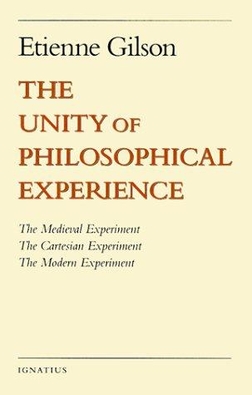Elijah: Bumpa, are they coming for us?
Bumpa: Who are you talking about, Elijah? You sound worried.
Don’t ya know, Bumpa? Don’t you watch Rachel? They’re coming after us!
You mean Rachel Maddow?
Yeah, I’m sorry! Mommy said I should be clearer with you and Gramma ‘cause you can’t hear so good without your hearing aids. I apologize, Bumpa.

No offense taken, Elijah.
I’m not talking about football, don’t ya know?
I’m sorry. I wasn’t talking about football. I meant, “I won’t hold that against you.”
Hold what?! I didn’t do anything to get penalized.
Like I just said, I won’t hold it against you. I would never penalize you!
Yeah, the Vikings hold a lot! Their Offensive line is offensive. I’m not talk about the Vikings, don’t you know.
Well, the Vikings need help. Maybe next week they’ll hit the jackpot in the draft. It depends on what they do with Cousins.
I love Calvin and Isabelle. They’re fun, like Uncle Andrew! Don’t the Vikings like cousins?
No, no, no, Cousins is the name of the Vikings’ quarterback. He’s a free agent. He can sign with whatever team he likes best.
Is he going after them or are they coming after him?
Well, I’m sorry to say it doesn’t really matter. It’s all about money. Whoever has the most money gets Cousins. The teams that pay big bucks can afford the best defenses and offenses. Cousins might leave Minneapolis.
So Calvin and Isabelle are safe? They’re not coming after them?
Right. They’re safe. So are you. Who do you think’s coming for us?
The Publicans, don’t you know?! Rachel says so. They’re coming for us ‘cause we like Shifty Schiff, Crazy Nancy, and Crooked Joe.
I think you misunderstood. Rachel was talking about the Republicans. The Publicans are in the Bible. The Republicans control the House!
Not our house! Right, Bumpa? And not Uncle Andrew and Aunt Alice’s either. And Calvin and Isabelle are safe in their house, too. Right, Bumpa?
Right. Not to worry, Elijah. You tell cousin Calvin and Isabelle they’re pretty safe, too.
But what about what about Shifty?
I know you’re only in the first grade. Maybe Ms. Marple hasn’t yet taught you about how to talk about other people. We don’t call people names. It’s not right to call other people “RHINOS” or “Shifty” or “Crazy” or “Crooked.” We need to be more respectful.
Right! We’re not Publicans. We’re nice here n Minnesota, and, we’re Christians, too. Right, Bumpa?
Yes, Elijah. We try to be respectful. Often, people who do bad things can’t stop insulting other people confuse being prosecuted with being persecuted. Bumpa has known people like that. I was their pastor. They were in the Big House or in hospitals for the criminally insane.
Whoa! I’m tired, Bumpa. I’m only six! I’ve never heard of, what’d you call it?
Criminal insanity?
Yea, that.
I understand. We’re both tired. I’m late for my nap. We’ll discuss the Big House and the hospital for the criminally insane later, when we’re not so tired. But you won’t have to wait long, Elijah. It’ll be all over the news.
Bumpa and Elijah, Views from the Edge, Minnesota, USA, March 10, 2024


















